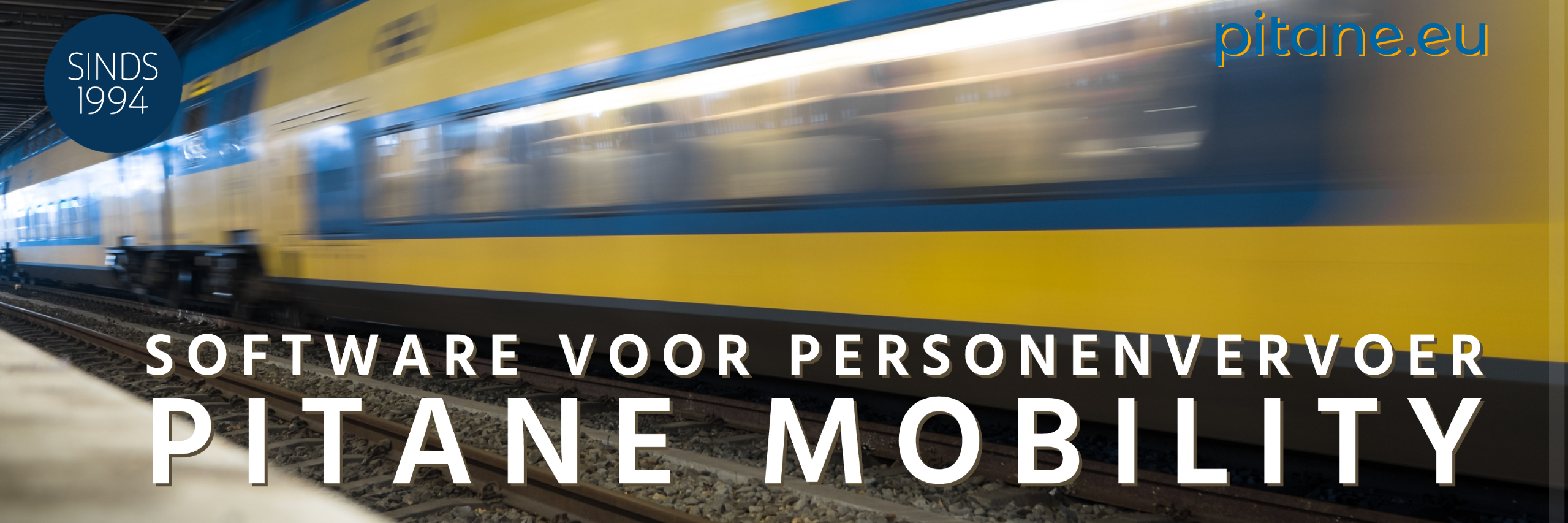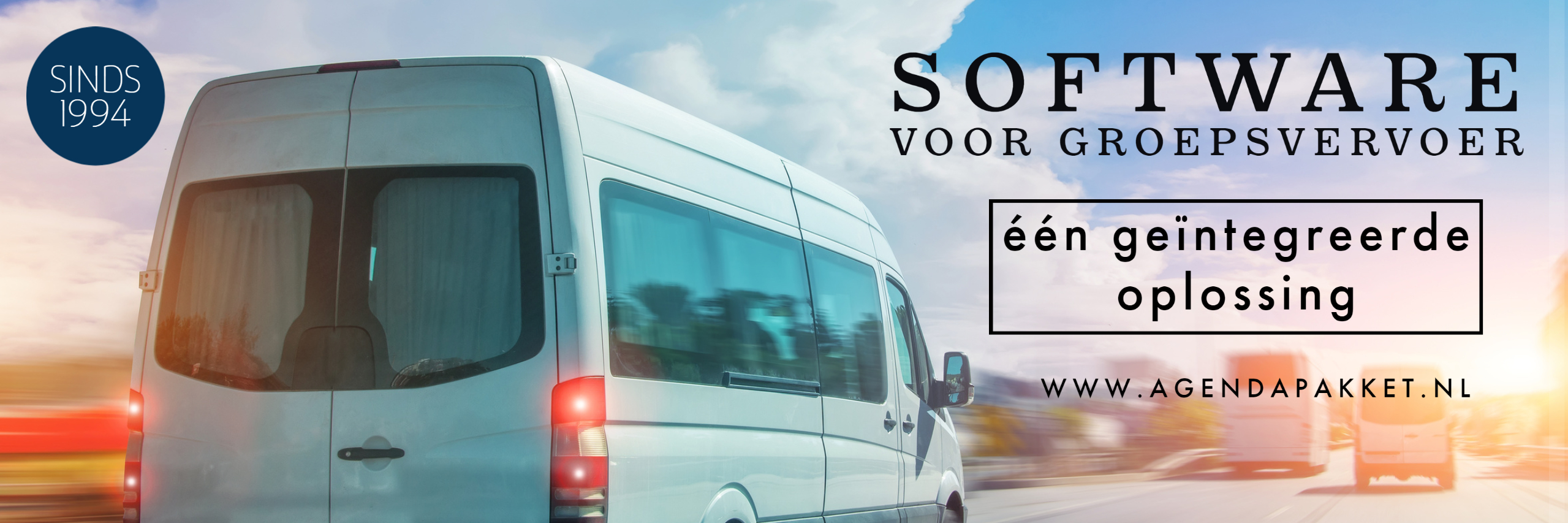Consequences for schoolchildren, students, commuters and recreationists and the accessibility of Regio Foodvalley cannot be underestimated.
Improving accessibility and strengthening public transport are important preconditions for the housing assignment in the Foodvalley Region. That is what alderman Engbert Stroobosscher, mobility portfolio holder in the regional council, said to the Provincial Council of Gelderland tonight. The provincial government then discusses the 'Long-term public transport forecast' and this prognosis is cause for great concern among the municipalities in the Foodvalley Region.
Various parties, including governments, knowledge institutions, companies and social organizations, work together under the umbrella of the Region Foodvalley, with the aim of strengthening the economic and innovative strength of the region. This collaboration focuses on various themes, including circular agriculture, food and health, and smart and sustainable mobility.
The province of Gelderland has calculated that public transport deficits will rise to €30 million in 2026 in the coming years. If the government does not come up with extra resources, carriers will be forced to adjust their transport plans from next year to the available budgets. And that means that bus lines in cities, villages and rural areas will disappear. With major consequences for pupils, students, commuters and holidaymakers and the accessibility of Region Foodvalley.
“Residential building is desperately needed, but is impossible if accessibility is not in order. Public transport is of great importance in this regard. We assumed that a signature under the housing deal means that we are working together with the government on an accessible region, including strengthening (high-quality) public transport.”
Alderman Engbert Stroobosscher
On March 8, Region Foodvalley, together with the provinces of Gelderland and Utrecht and Minister Hugo de Jonge, signed the Housing Deal Region Foodvalley. 2030 new homes will be built up to 25.000, followed by another 2040 homes by 15.000.
Strengthening public transport, for example through the construction of mobility points, also receives a lot of attention in the Accessibility Agenda for the Food Valley Region 2023-2026. “More (high-quality) public transport ensures better accessibility to and in the Food Valley Region and contributes to the climate objectives.”
Alderman Engbert Stroobosscher calls on the Provincial Council of Gelderland to use provincial budgets, albeit temporarily, to counteract the worst consequences for public transport. He also promises to work with the provinces of Gelderland and Utrecht and the regions to convince the cabinet that the housing assignments can only be carried out if accessibility – including public transport – is in order.
Food Valley Region
Regio Foodvalley, located in the middle of the Netherlands, is a partnership of eight municipalities: Barneveld, Ede, Nijkerk, Renswoude, Rhenen, Scherpenzeel, Veenendaal and Wageningen. It is an internationally renowned region for knowledge and innovation in the field of healthy and sustainable food.



